Ordering congregational life
This Sunday our congregation holds its Congregational Life AGM (we split the business of the congregation, and hold a Budget AGM in the Spring). At this Summer AGM, we gather together the stories of the various groups and ministries of the congregation, to celebrate the multifaceted life we live as a community of faith. This is also an opportunity to elect members to vacant roles as Chairperson, Council member, or Elder.
Living beneath Parliament Hill here in Canberra, it strikes me that we have an opportunity to bear witness to the counter-cultural Way of God in our election process and practice. Elections as mission, witness, evangelism?! What a thought.
In the Uniting Church in Australia we do often talk about these processes as ‘elections’, as I have so far here; we talk about ‘voting’ for a Chairperson, an Elder, a member of Church Council. But there are consequences to the language we use. Sometimes it furthers the counter-cultural message to use the language of the culture and mean something else as we do.
Jesus and Paul use the language of kingdom, for example, to describe God’s realm as not like the kingdoms and empires of oppression and injustice in the world we experience. Over time, ‘kingdoms’, monarchies, have become something quite different to the Roman Empire, for one; further, we have become so familiar with ‘kingdom’ as language for God’s realm that we’ve actually allowed it to take on, rather than stand against, the characters of the world’s ‘kingdoms’ – power over others, arrogant assumption of ‘right’ against everything else as ‘wrong’ …
So what happens when we speak of our ‘elections’ using words such as ‘vote’?
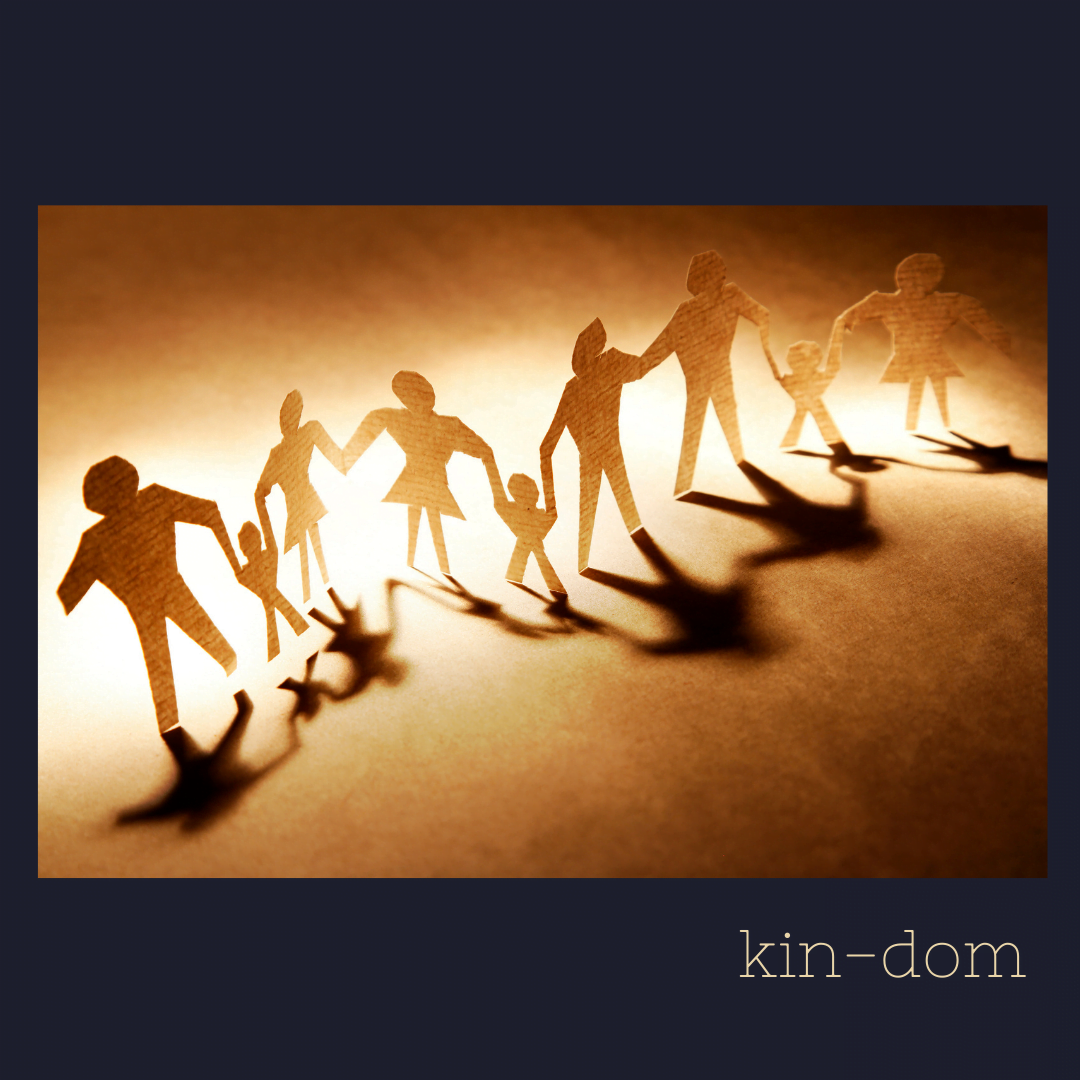
Power or service?
Using the language of the culture for ‘elections’ and ‘voting’ makes us susceptible to the behaviour that accompanies this language, these processes, in the worldly arena.
Behaviour such as lobbying for votes with promises that I’ll do this for you if you vote for me.
Behaviour such as maligning the character of other nominees, turning them into opponents, ‘other’, making us fearful of the different perspectives each nominee offers: don’t vote for them, there not like us, they won’t give us what we want.
This behaviour undermines the process of discernment that characterises our ‘elections’ of people into various roles of service in our congregations. It undermines the process of discernment that characterises the roles and the work of the Church Council, the Elders, as they lead the congregation open to the Spirit of God.
This behaviour is ungenerous at best, and at worst, contrary to the very Way of Christ we claim to follow.
For the truth is, we need the different perspectives, the diverse ideas and insights of Council members who differ from each other. As Paul encourages in his every epistle, we need diversity of unique humans coming together to weave the fabric of a strong community.
Leaders with a Christ-centred approach will empower others to lead with them; will empower others to discern with Wisdom; will speak hope, not fear.
It’s a challenge, for there is much that evokes fear for many members of the church today.

Seasons, change, fear
We are in a season of intense change. Even without the pandemic, the church is undergoing changes brought about by collective choice, and unfolding circumstance.
Humanity is in an intense period of change: technology, liberated expression of gender and sexual orientation, growth and development in the ethics and legislation concerning environment, drug use, human reproduction, death and dying. The Church must respond to this natural and necessary transformation for humanity as we grow (remember, to not grow, is to not live – so, yes, we must respond); and we must respond in the light of the Story of God’s Way of Love.
Our older generations are experiencing their own seasons of intense change also. How many congregation members say to me, growing old is no fun, ageing is hard, as their bodies become frail, independence gradually or suddenly diminishes, and dignity is worn away.
And not only is the church changing its ideas around them, but it has been experiencing a steady decline in numbers over recent decades. This decline causes grief for generations who have loved the church and found much gift and joy through participation in it, most of them, their whole lives, so that participation in church connects them to their parents, siblings, grandparents – it is belonging.
There is an often unacknowledged collective guilt and shame for this generation, which inherits a belief that what has been handed on to them must be handed on by them to the next generations, who are not here in numbers enough, who are not using the tea set the way the ancestors did. There’s disappointment as offspring and spiritual descendants have left the church, have chosen not to belong here with us, not to live the Story with the community of God.
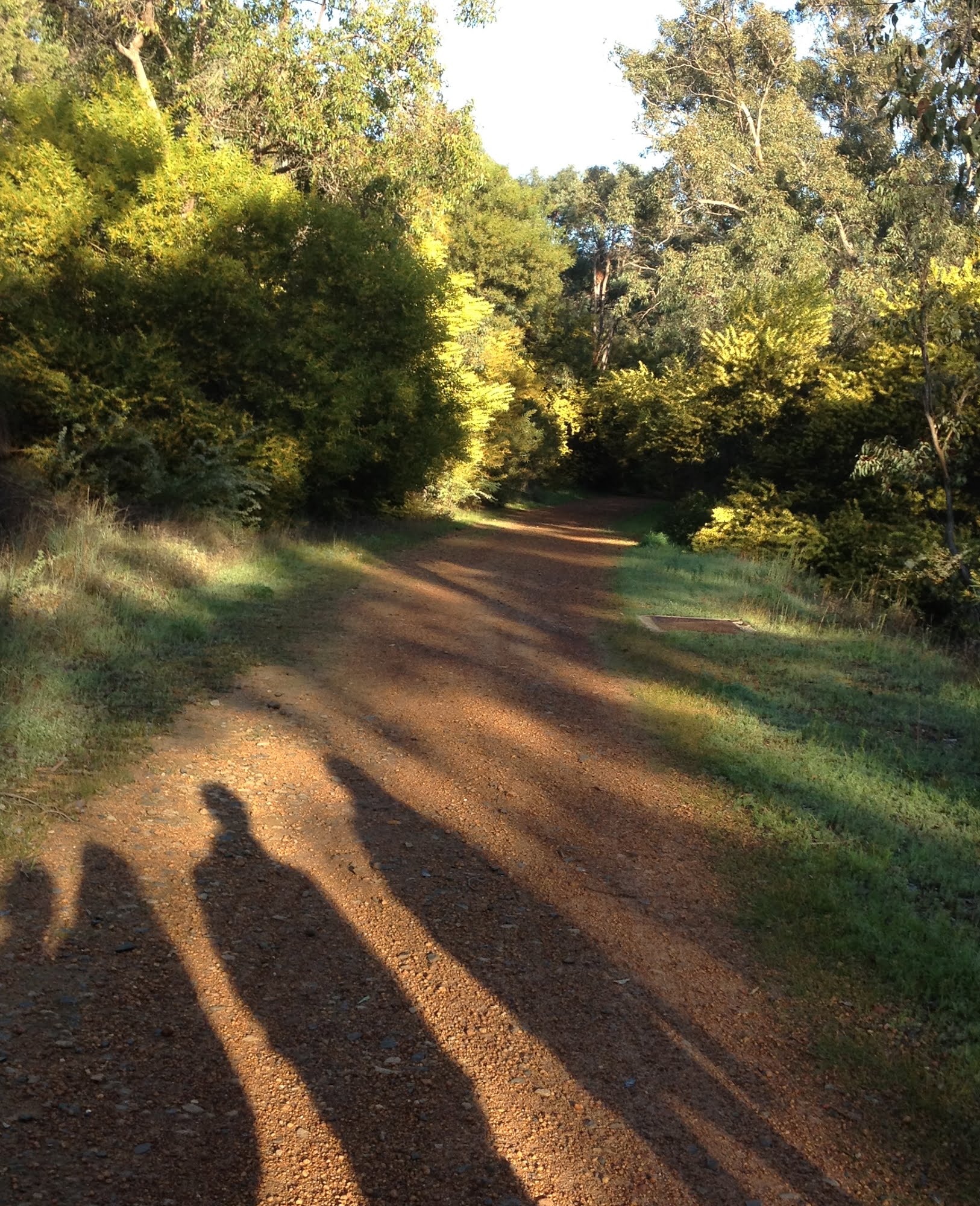
So our older generations are feeling bereft with such loss of community, tradition, personal independence and health, familiarity with the world around them. This break from the ancestors leaves us confused, angry, left behind by the ones we thought would hold us as we held those before us – perhaps we even feel betrayed.
Throw on top of that a global pandemic with its isolation and fear, and the many changes to the way we are able to do church practically, and there’s even more loss and grief, confusion, anger – change.
No wonder we grasp at an opportunity for some control, for a chance to have our say on what we want. No wonder we insist on our right to vote.
To vote or not to vote
As I reflect on the grasping of a destabilised people for stability, I understand the impulse. I am sorry my team cannot provide the certainty of what was known before. Sorry, to the extent that it gives me no pleasure to see the people upset, lost, angry.
I am also not sorry for our commitment to the growth and development that is causing the losses, the confusion, the fear. I’m not sorry, because for the health and thriving of this community of faith, we must, as any organisation or organism must, change. To stay put, stay as things have always been is to become stagnant, to experience life diminished. To stay put is to bring about the very failure we fear, to disrespect the inheritance and let it die.
This process at our meeting on Sunday is not a ‘vote’. This opportunity is not a right for each individual to ‘have their say’. It is not about me.
This process is to select people for roles of service among us. This opportunity is to listen to God together. It is fundamentally about us, as a whole, together.
So that those who are able will gather, will worship in one Spirit, one place, though we have grown and changed to extend that one place to the many places from which people zoom in, in the moment. Together, we will attend to God, listen and discern with the Spirit, embody and enact Wisdom as did Jesus the Christ.
Doing so, being thus together, may allay our fears, because – look! this congregation is alive with faithful people taking up the inheritance of our spiritual ancestors.
Being thus together, we may name and acknowledge our grief at what we have lost, and embrace hope as we receive the gifts we do have here.
Being thus together, we may see each other with joy and gratitude, fellow humans, fellow disciples of Christ, different, yes, but not an ‘other’ to be feared for that difference. We may see ourselves as we are: the embodiment of the body of Christ in this time and place.
That will require humility, generosity, courage, and faithfulness to God’s Way, rather than an insistent clinging to the ways of the world. Surely, it is God’s Way to which we are aligned, trusting the mystery. We will be disappointed if we trust the supposed certainty offered by the ways of the world, by the assurance of ‘vote for me’.

We will not vote on Sunday. We will discern, as the Uniting Church has discerned in its congregations and councils for 45 years, a movement committed to faithful listening to the Spirit; a movement committed to bearing witness to the counter-cultural Way of Christ.
We are not acting, as we must sometimes be in the world, as citizens with an individual right to vote. We will act as a community that is open to the Spirit as one. If we approach this process faithfully, as our ancestors have before us, it will be the community, not a bunch of individuals; it will be a whole that is greater than the sum of its parts, that will select the people to serve.
And when we do act as citizens with individual votes in worldly elections, imagine how we might transform that process with the counter-cultural approach of the church of God, discerning not for one, but for the whole, the way forward into life?!
Elections as mission, witness, evangelism, indeed.

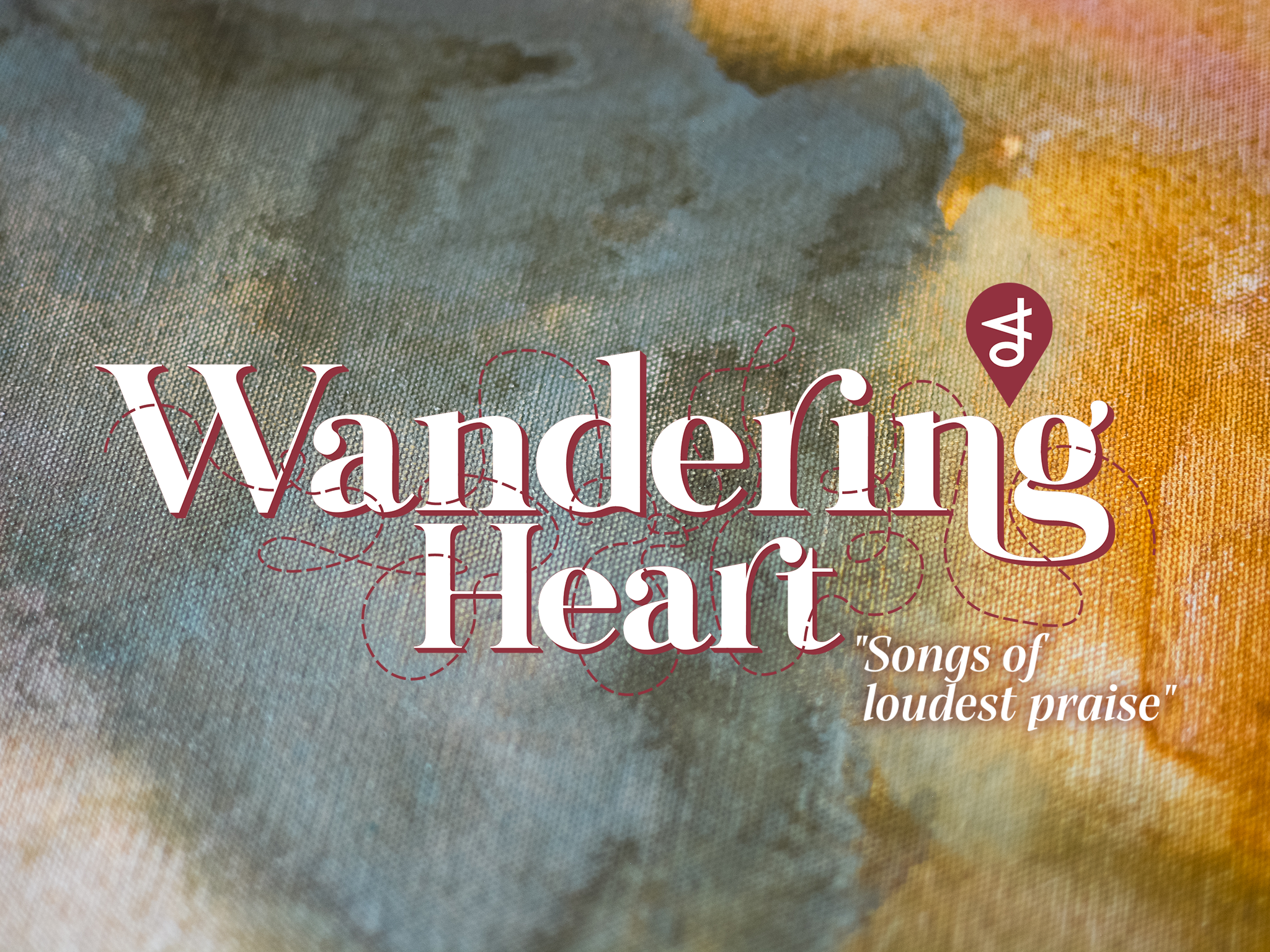
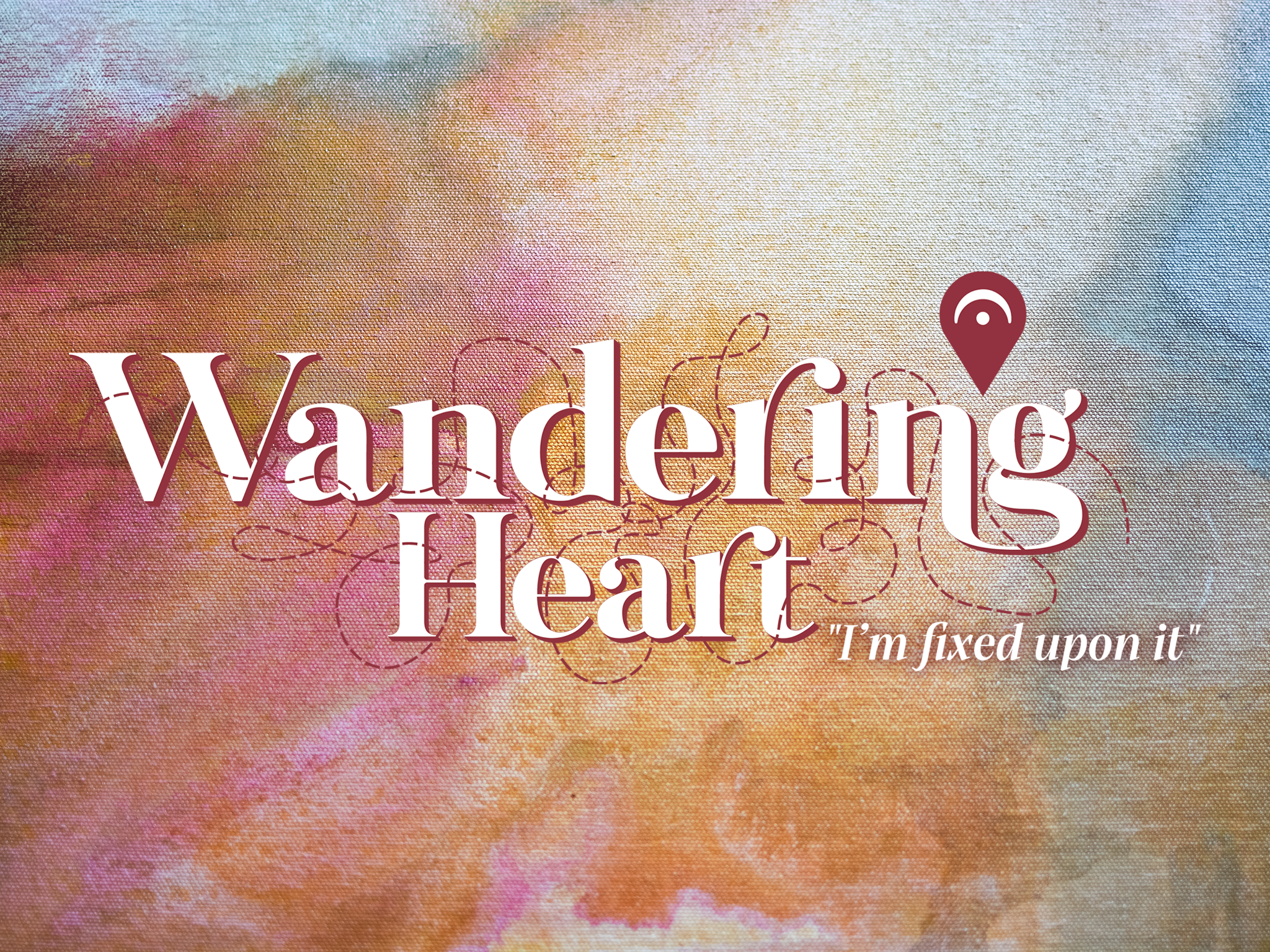
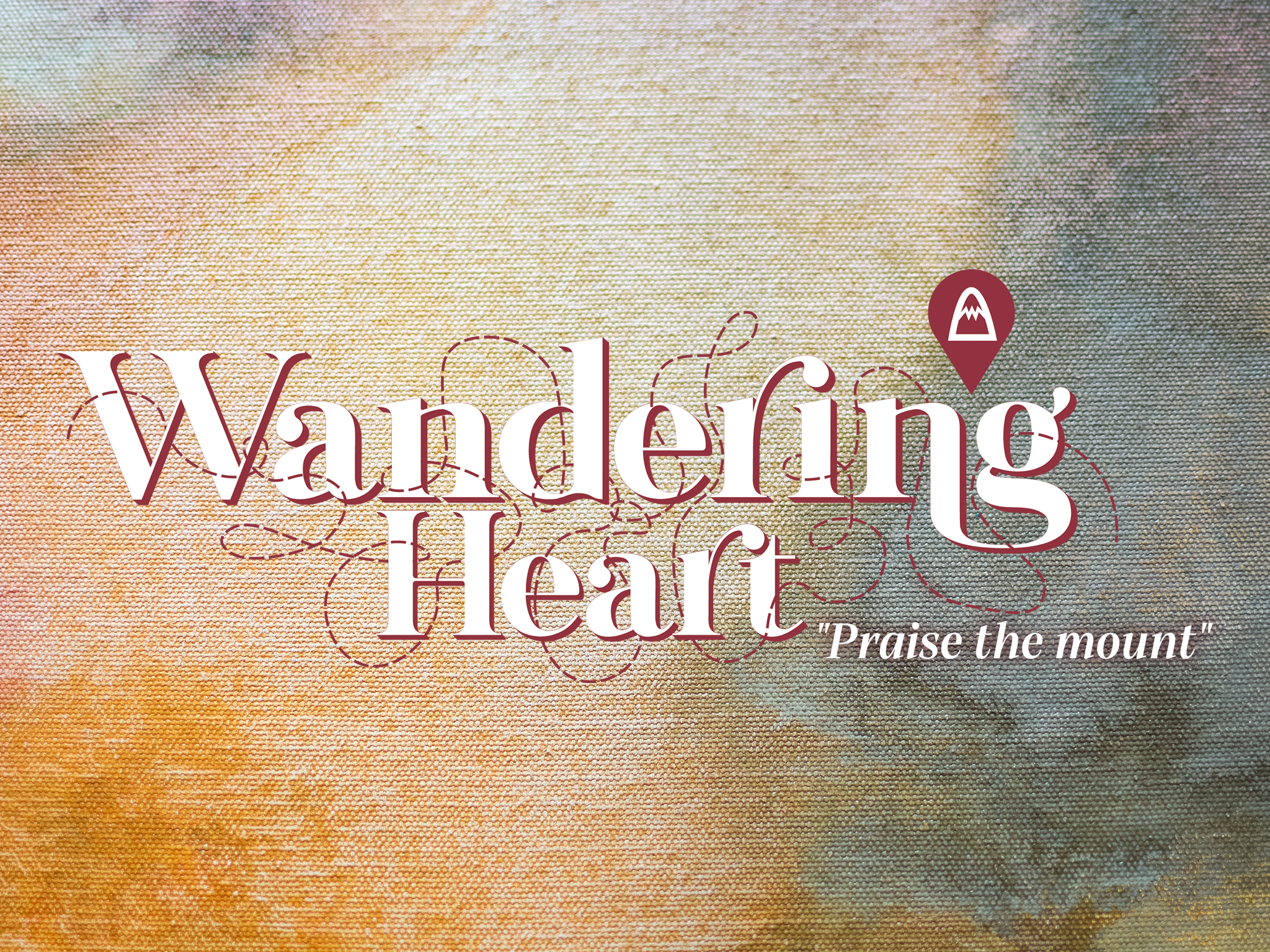
Leave A Comment